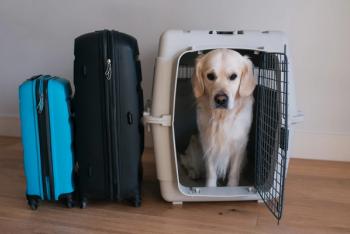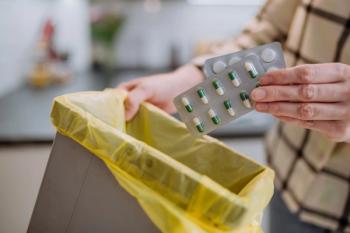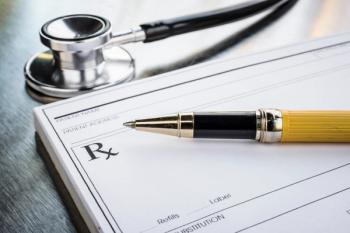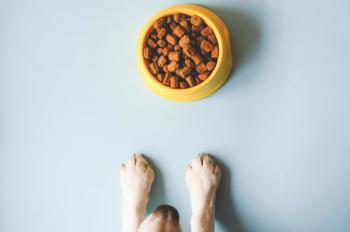
FDA draft risk assessment says clones likely safe, but cites animal health concerns
Rockville, Md.-In the wake of a Food and Drug Administration (FDA) draft risk assessment on the safety of animal cloning, the FDA's Veterinary Medical Advisory Committee (VMAC) agreed that products generated from clones would likely be safe to eat but some panel members expressed concern on the risks to animal welfare.
Rockville, Md.-In the wake of a Food and Drug Administration (FDA) draft risk assessment on the safety of animal cloning, the FDA's Veterinary Medical Advisory Committee (VMAC) agreed that products generated from clones would likely be safe to eat but some panel members expressed concern on the risks to animal welfare.
There is currently a voluntary moratorium on releasing animal clones into the food supply, reports Dr. Linda Tollefson, deputy director of FDA's Center for Veterinary Medicine.
The FDA risk assessment builds on the findings of the National Academies of Sciences and indicates that food products derived from animal clones and their offspring are likely to be as safe to eat as food from their non-clone counterparts, based on available evidence, the agency reports.
Tollefson explains the risk assessment was created to gauge "the safety of food products of animal clones and the health risk to animal clones." She adds, "Risk assessment evaluates the science and provides a basis for risk managers to make decisions. The way we do this is a critical biological systems approach that compares the health of the animal at five nodes, from cell development up to reproductive and post-pubertal maturation."
She adds that though this risk assessment was released, it will go through a public review process and may take up to a year to become finalized.
VMAC was split 5 to 5 on the animal welfare issues that a large cloning industry might create. In addition, more research about the biology of clones was recommended, the Washington Post reports.
The FDA risk assessment says, "No reports of risks qualitatively different from those encountered by animals involved in modern agricultural practices were detected, although the frequency of the risks appears to be increased in some species during the early portions of the life cycle of animal clones."
Measuring the risks
FDA says however, there is an increased risk of adverse outcomes to surrogate dams bearing bovine and ovine clones in the form of dystocia, likely due to Large Offspring Syndrome (LOS) and hydrops.
Risks to swine and goat surrogates bearing clone pregnancies do not appear to increase, FDA says.
Early reports of cloning in cattle and sheep failed to result in live births. But, FDA adds, as the technology improves, the proportion of live, normal births appears to be increasing. Most of the increased risk appears to be related to LOS, although other developmental defects are also observed. The risks do not apply to porcine and caprine clones, FDA adds.
"As clones grow and develop, they appear to become as healthy as their conventional counterparts. There do not appear to be any health risks to apparently normal clones that survive beyond a few weeks of birth. Data are very limited on the health and functionality of clones beyond the juvenile developmental period."
Tollefson adds, "Risk assessment could lead to some regulation. If we find concerns we will address them."
Newsletter
From exam room tips to practice management insights, get trusted veterinary news delivered straight to your inbox—subscribe to dvm360.




